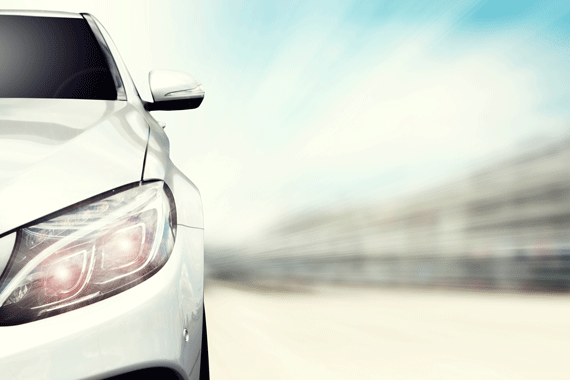More news
- Axalta releases Q1 2024 results
- PPG again earns EcoVadis gold rating for sustainability practices, ranking among top 7% of...
- Baikowski® France 2030 plan winner for its innovative project to decarbonise alumina prod...
- New CEO at BASF: Martin Brudermüller hands over to Markus Kamieth
- Wacker stays below prior-year figures amid lower selling prices in Q1

Axalta is showcasing its automotive coatings solutions for the growing autonomous vehicles market at the 31st International Conference on Automotive Body Finishing (SURCAR). The event, which brings together a global audience of automobile and paint industry experts and influencers, is taking place in Cannes, France, from 1 to 2 July 2021.
Autonomous and electric vehicles are a leading theme of this year’s SURCAR as the world moves toward more sustainable transport solutions.
Hassine Sioud, Group Vice President, Mobility at Axalta for Europe, the Middle East and Africa, says, "The evolution of mobility creates tremendous opportunities and requires coatings with advanced functionality that, in addition to aesthetics and protection, contribute to the efficiency of electric motors and components, vehicle design, navigation and passenger safety, among other areas.”
Axalta Mobility Coatings, which launched in April 2021 to focus on new mobility markets, such as autonomous and electric vehicles, has a strong presence at SURCAR. This week, the company showcases the advanced functionality of Axalta’s coatings for the evolving transport ecosystem, including how the latest coating technology makes an impact on the effectiveness of sensors on autonomous vehicles.
Dr Neil Murphy, Color Science Team Manager for Axalta, who specialises in autonomous vehicle design, will co-present a session on automotive plastic and paint systems for 77 GHz radar sensor performance alongside experts from Mercedes-Benz. The presentation highlights the importance of multilayer modelling to estimate radar performance, maximise radar transmission and minimise reflection. The presentation also covers how coated plastic parts need to be optimised to ensure the sensors work safely and effectively.
AV sensors are used for a range of functions, such as lane assist, collision detection, automatic cruise control and blind-spot monitoring. Axalta has worked closely with Mercedes-Benz, physicists, chemists, designers, and colour scientists, to develop radar modelling systems in order to create the tools the autonomous vehicle market needs to meet its increasingly complex requirements.
The research on automotive plastic and paint system optimisation will be presented during the New Paint Materials and Processes session on 1 July at 2.20pm CET in the Hotel Barriere Le Majestic and is available virtually



